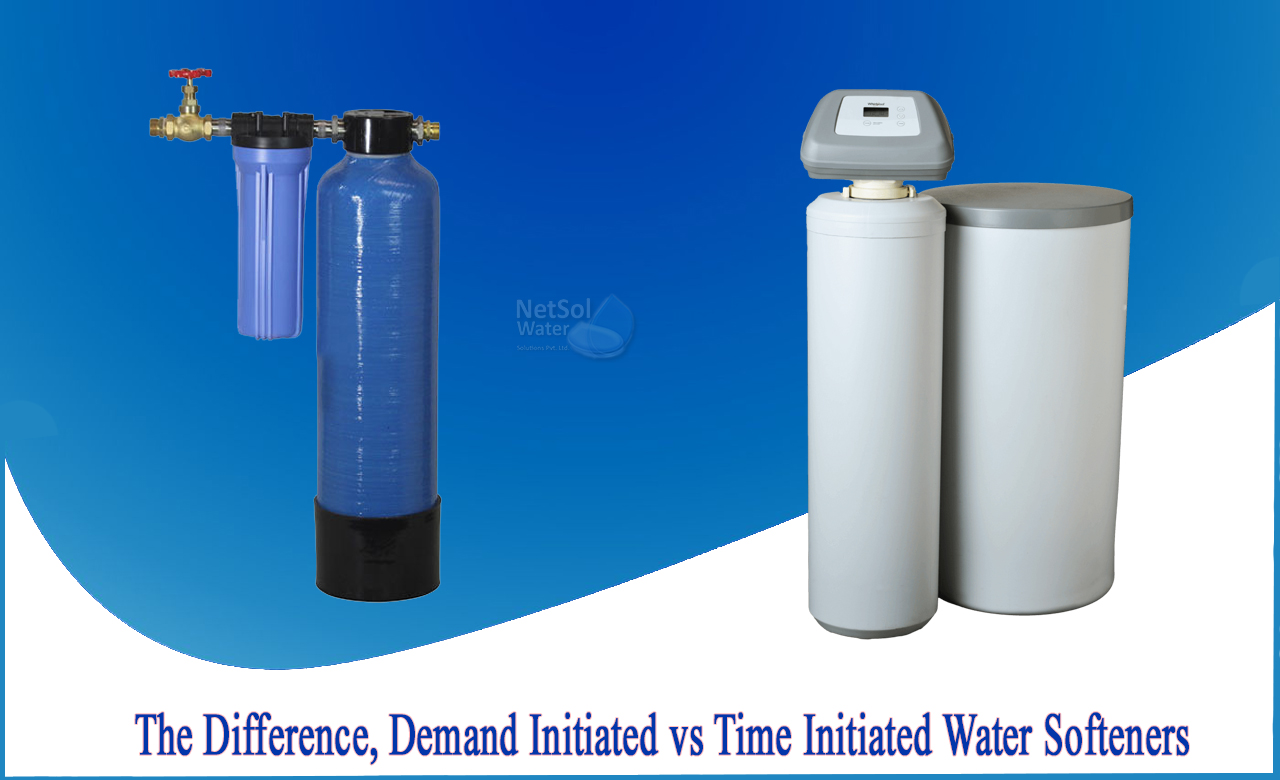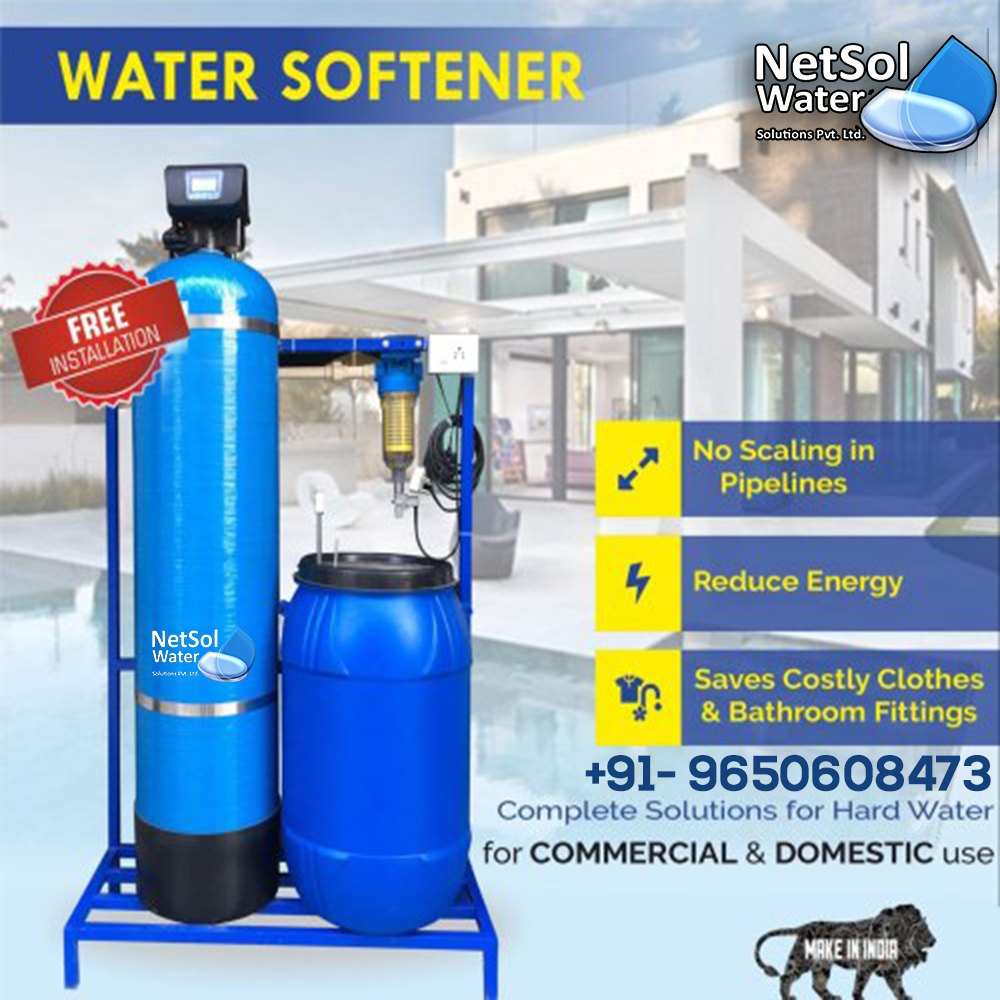What are the difference between Demand and Time Initiated?
The water softener regeneration process is an important aspect of its function. Unfortunately, it can also be a source of inefficiency and waste. If the device regenerates frequently, it may be wasting salt and energy, but if it does not regenerate sufficiently, it will affect the water quality. So here we look at the differences between demand and time units to help you determine the best option for your needs.
Demand Initiated:
Demand softener starts the regeneration cycle when it runs out of capacity. This can happen at any time. It's like filling a car's gas tank when the gauge is empty. There is a built-in meter for the control valve that totals the water flowing through the system. The meter is set according to the hardness of the water so that it starts to regenerate when the resin reaches the end of its function. The meter triggers a signal to start the playback sequence. This usually includes inhalation, rinsing, and backwashing of brine. As soon as this is complete, the tank will return to operation to continue the softening process.
Some water softener systems use on-demand initiation due to their small tanks and short play times. This limits the amount of hard water available to the end user. Some other types of demand systems include a second tank that is used when the first tank is regenerated. This structure means that virtually no hard water leaks to the end user.
Time Initiated Softeners:
It was the first type of water softener designed for automated operation. Units that start in time put an end to the need to manually activate the water softener. The control valve design incorporates an electric or digital clock. This allows you to select the start time and duration of each session. During regeneration, the valve opens - the path of raw water, which is supplied directly to the faucet. To minimize this, the clock is often set to work at night.
This method is like using a clock to refuel a car's petrol tank. We will estimate the number of miles we normally drive and add a specific number of litres every three days. This works in principle, but if you drive more than usual, you may run out of gas and get stuck. If you drive less than normal, the petrol tank will overflow in the immediate vicinity of the pump.
A timed softener should be set based on an estimate of water usage. Excessive washing, leaving extra people in the house or doing other activities that require more water than usual can lead to softener running out and hard water flowing into the faucet.
Each type of softener has its own strengths and weaknesses. Therefore, if you need assistance in determining the device that best suits your needs, it is advisable to consult a water treatment expert.
One of the world's most significant advances in water softeners is the transition from timed regeneration cycles to units that function “on demand”.
Most early models used an electric timer or digital timer (time start) to perform the playback process, along with some new but cheaper systems. When it comes time to regenerate, which is a necessary step to soften the water, the timer starts this cycle regardless of whether it is needed or not. The problem with this is that you may have been busy around your house lately, taking vacations, taking a shower, doing laundry, and washing dishes. By the time this regeneration cycle occurs, it can be delayed for a long time and all soft water can have been used up for a long time.
On the other hand, if you visit another person during your vacation and your house is empty without water, you may have repeated several "regeneration" cycles, which is a huge waste of salt and water. A higher quality alternative to this is a demand control system that initiates the regeneration process when the softening capacity of the system reaches the end of its useful life. It's neither early nor late. This is done by measuring the amount of water flowing through the system.
Depending on the hardness of the water, the counter is set to start regeneration when the softened resin reaches the end of its useful life. At this point, the control valve begins draining, including suction, flushing, and backflushing of the brine. After that, it immediately resumes operation and becomes soft again. Simply put, the on-demand version is a bit smarter.
One more thing to add is that this isn't just a product that you just take out of the box, plug it in, and set it up correctly. Water quality varies by neighbourhood, so you should perform a water hardness test the first time you start the system to ensure that the meter is set correctly so that the water is not too soft.




